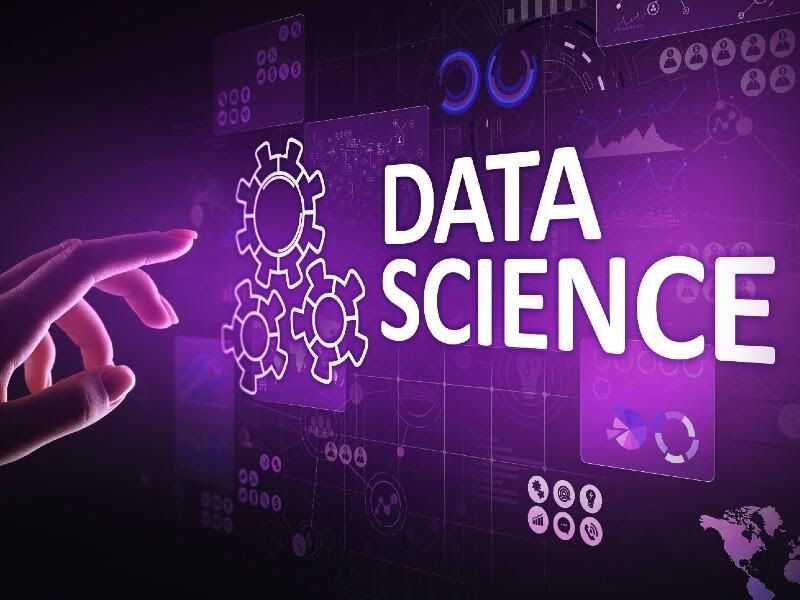Tech & Analytics Newsletter
Posted in Announcements News | Tagged Tech & Analytics News
October 5, 2022 – Upcoming Events, Opportunities & Resources

To all students interested in data, this letter and the articles are focused on you. Enjoy!
Data roles can have varied responsibilities and require varied qualifications so it can be a bit confusing. Roles can vary by company, including the titles, when searching for jobs and internships. Below are typical roles with a short description, adapted from these articles: Data Analyst vs Data Engineer vs Data Scientist: Skills, Responsibilities, Salary, Data Analyst vs. Business Analyst: What’s the Difference? and Data Analyst vs. Data Scientist: What’s the Difference?.
- Business Analysts are responsible for using data to inform strategic business decisions. They may evaluate business processes for efficiency, cost, and other valuable metrics, communicate those insights with business partners, and prepare strategic recommendations. Business analysts must have a working knowledge of the technology used in analytics, but have less hard tech skills than data analysts.
- Data Analysts analyze existing numeric data and use it to help companies make better decisions. They work with structured data to solve tangible business problems using tools like SQL, R or Python programming languages, data visualization software, and statistical analysis.
- Data Scientists analyze and interpret complex data. They identify new ways of capturing and analyzing data to be used by the analysts using more advanced data techniques to make predictions about the future. They might automate their own machine learning algorithms or design predictive modeling processes that can handle both structured and unstructured data.
- Data Engineers serve as a gatekeeper and facilitator for the movement and storage of data. Data engineers are also often tasked with transforming big data into a useful form for analysis. In order to do this, they design, construct, install, test, and maintain highly scalable data management systems — basically, the software needed to store and use this data.
To gain some data experience, I recommend the following:
- Take some courses or bootcamps. First, take courses offered here at Georgetown if possible. In addition, Lauinger Library offers data and visualization courses once or twice a year, also check out Coursera and LinkedIn Learning
- Volunteer with DataKind and/or join HoyAnalytics (apps are closed this year, so look for the next cycle).
- Search for and participate in a data-related hackathon; for example, here’s a few on EventBrite.
- Work on an open source project here.
If you are interested in data, you can work in all industries from media to finance to my industries – health, science and technology. There are an abundance of opportunities. Feel free to meet with an industry advisor at Cawley in your industry of interest to discuss more. In the meantime, I hope this letter and these articles provide a little more clarity.
All the best,
Jodi Schneiderman | js4612@georgetown.edu
Assistant Director, Employer Relations and Industry Advising | Health, Science, and Technology

Website Note
You are currently viewing a shortened version of this newsletter, leaving out the events and job opportunities from that time. To see the full version, click here.
Please note that this is a sampling of jobs and internships with approaching application deadlines. Go to Handshake to see the complete list.

Please note that this is a sampling of jobs and internships with approaching application deadlines. Go to Handshake to see the complete list.

5 Steps to Transition Your Career to Data Science

This Forbes article helps explain to eager individuals soon to enter the workforce – or those with more career experience – how to transition to careers in data science. The field of data science can be applicable to a number of different majors and skillsets, even if you don’t feel that you currently have the formal training. Data science is one of the most in-demand fields right now across nearly every industry and can provide a great opportunity to gain new skills.

Industry Advisor:
Jodi Schneiderman
js4612@georgetown.edu
Online Resources:
Writing Resumes & Cover Letters
Networking Skills
Interviewing Skills
What Can I Do with My Georgetown Major?
Drop-In Hours
Drop-ins are Monday-Friday, 1-3pm, in person at Cawley, One Leavey and virtual 6:30-7:30pm on Tuesday and Thursday.
Appointments: Virtual and in-person appointments are available via Handshake. Sign up under ‘Career Center,’ then ‘Appointments’, then ‘Industry Advising,” then ‘Health, Science, and Technology’.
